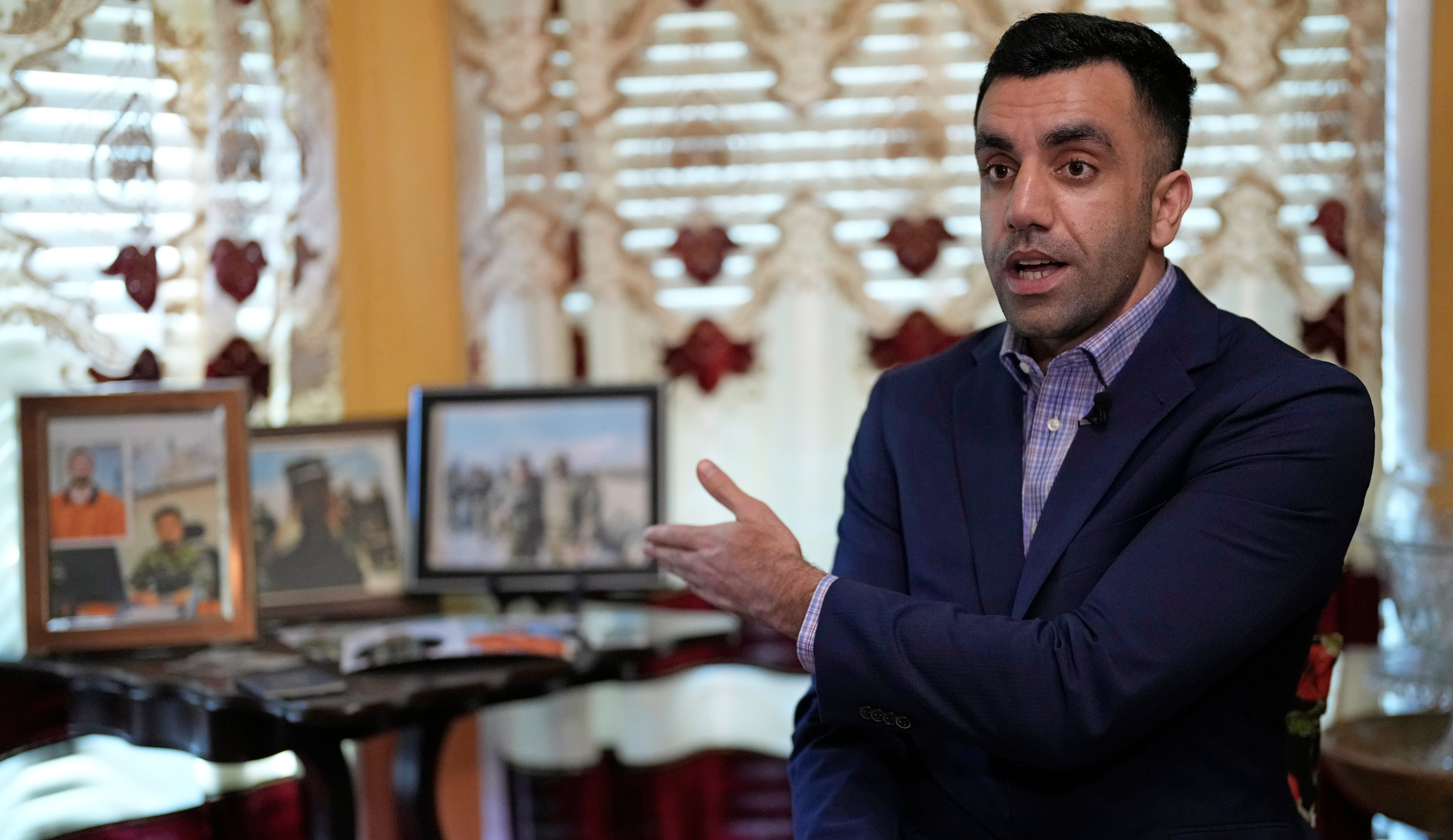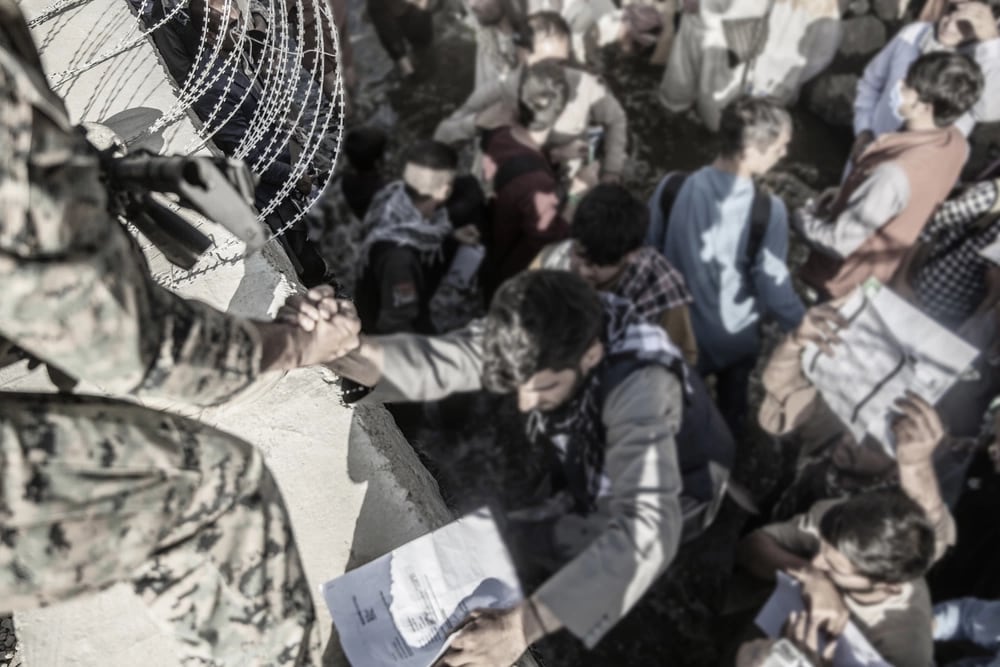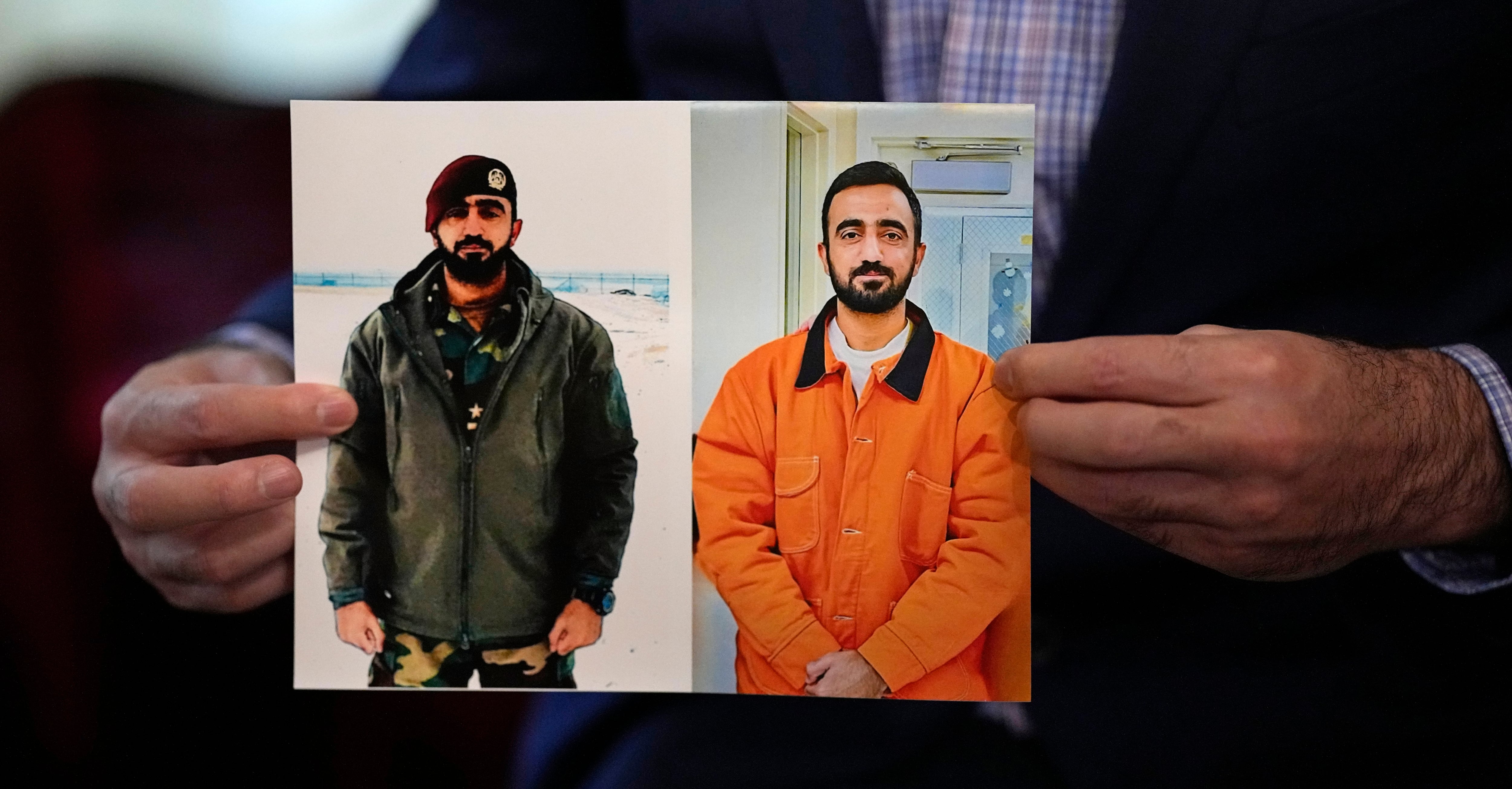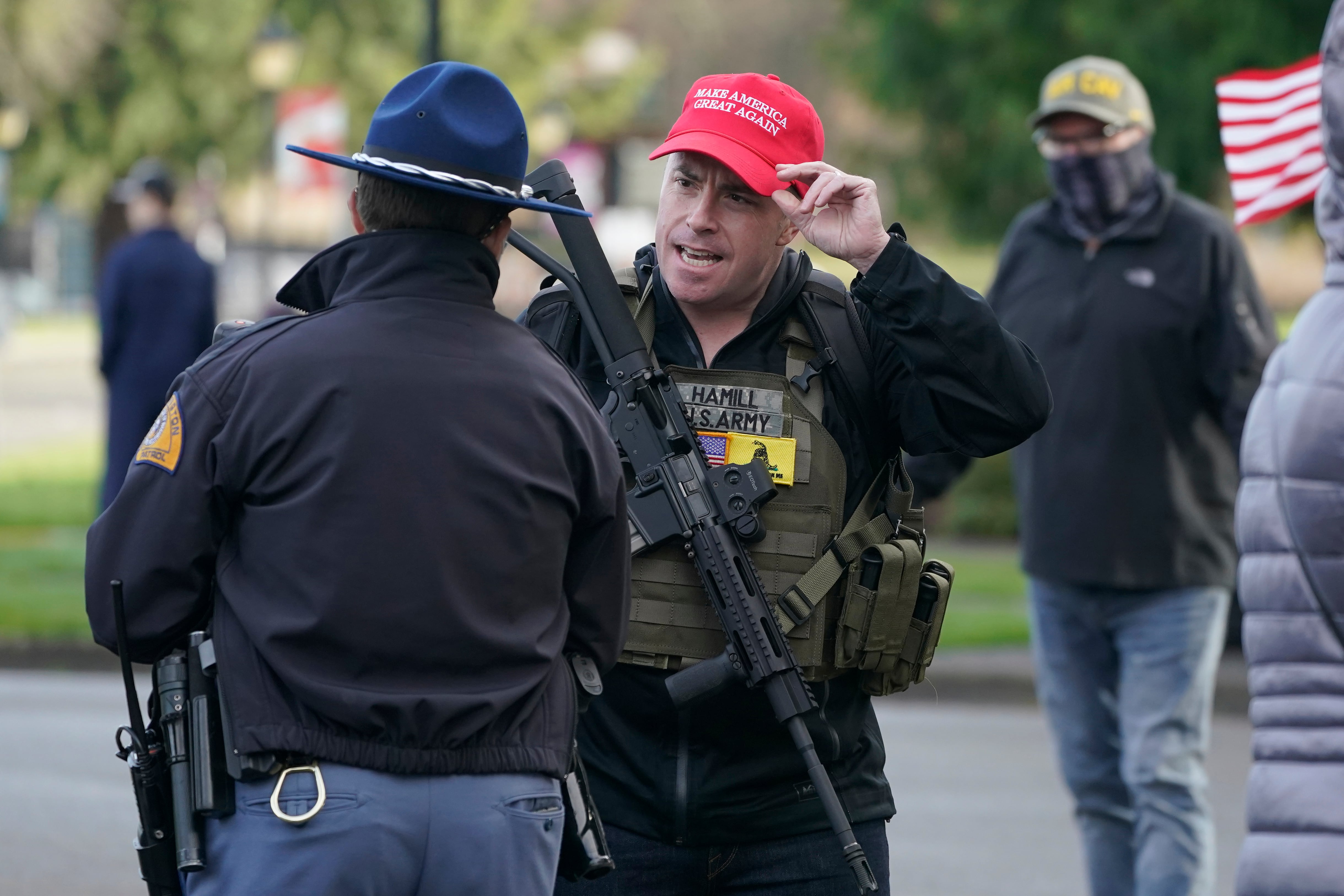HOUSTON — Abdul Wasi Safi kept documents detailing his time as an Afghan soldier who worked with the U.S. military close to him as he made the monthslong, treacherous journey from Brazil to the U.S.-Mexico border.
He fled Afghanistan fearing retribution from the Taliban following the August 2021 American withdrawal, and hoped the paperwork would secure his asylum in the U.S. Despite thick jungles, raging rivers and beatings, he kept those documents safe.
But after crossing the U.S.-Mexico border near Eagle Pass, Texas, in September, Wasi Safi was arrested on a federal immigration charge. He remains jailed at a detention center in Eden, Texas, and fears his asylum claim may be denied.
Wasi Safi’s brother, attorneys, military organizations and a bipartisan group of lawmakers working to free him say his case highlights how America’s chaotic military withdrawal continues to harm Afghan citizens who helped the U.S. but were left behind.

“He tried every way possible to save these certificates in the hopes that once he ... presents his appropriate documents at the southern border ... he would receive a warm welcome and his service would be appreciated and recognized,” said Sami-ullah Safi, his brother.
If sent back to Afghanistan, he could be killed by the Taliban, which since its takeover has killed more than 100 Afghan officials and security force members, according to a United Nations report.
“It’s honestly just shameful that we’ve treated people that helped protect our country this way,” said Jennifer Cervantes, one of Wasi Safi’s immigration attorneys.
Wasi Safi, 27, had been an intelligence officer with the Afghan National Security Forces, providing U.S. forces with information on terrorists, said Sami-ullah Safi, 29, who goes by Sami.
Sami Safi had been employed by the U.S. military as a translator since 2010, making him eligible for a special immigrant visa for interpreters and others paid by the U.S. government. The visa allowed him to move to Houston in 2015.
But Wasi Safi was not eligible for that visa because he was not employed directly by the U.S.
When American forces withdrew from Afghanistan, Wasi Safi went into hiding and learned that friends in the Afghan military had been killed by the Taliban.
RELATED

He was able to get a visa for Brazil and traveled there in 2022. But he realized he wasn’t much safer as he and other migrants were beaten and robbed by gangs.
In the summer of 2022, Wasi Safi began his journey to the U.S.
When he crossed a huge river in the Darien Gap, the imposing and dangerous stretch of thick jungle between Colombia and Panama, Wasi Safi kept a backpack with his documents above his head, so they wouldn’t get wet.
When police officers in Guatemala tried to extort him and took his backpack, Wasi Safi endured their beatings until he got the documents back, according to his brother.
On his journey, Wasi Safi suffered serious injuries from beatings, including damaged front teeth and hearing loss in his right ear. Zachary Fertitta, one of his criminal defense attorneys, said Wasi Safi has not received proper medical care while in detention. A GoFundMe page has been set up to help pay for medical care if he’s released.
Sami Safi said his brother has become disillusioned since his detention, believing the documents he thought would save him are worthless.
But Fertitta said those documents show “he’s clearly an ally, was trained by our troops, worked with our troops.”
U.S. Rep. Sheila Jackson Lee, a Houston Democrat, last week sent a letter to President Joe Biden, asking him to pardon Wasi Safi for his immigration related charges. She said Thursday that his documents show he’s “an individual who obviously loved this country ... and was willing to die for this country.”
Republican Congressmen Dan Crenshaw of Texas and Michael Waltz of Florida, as well as more than 20 veterans groups have also called for Wasi Safi’s freedom while his asylum claim is reviewed.
The White House declined to comment on Friday, referring questions to the Justice Department and U.S. Customs and Border Protection. The U.S. Attorney’s Office for the Western District of Texas, which is prosecuting his case for the Justice Department, and Customs and Border Protection didn’t immediately return emails seeking comment.
During a news conference Tuesday, Pentagon spokesman U.S. Air Force Brig. Gen. Patrick Ryder said he couldn’t comment on Wasi Safi’s case but that the Defense Department is “supportive of any efforts that we can make to ensure that we’re taking appropriate care of” the country’s Afghan allies.
Fertitta said Wasi Safi’s criminal case has to first be resolved before his asylum claim can be considered, and he’s hoping that resolution doesn’t include a conviction, which could imperil the asylum request.
RELATED

Nearly 76,000 Afghans who worked with American soldiers since 2001 as translators, interpreters and partners arrived in the U.S. on military planes after the chaotic withdrawal from Afghanistan. But their immigration status remains unclear after Congress failed to pass a proposed law, the Afghan Adjustment Act, that would have solidified their legal residency status.
Fertitta said Wasi Safi’s case highlights the country’s “broken immigration system” and its failure to help Afghan allies.
“You have all of those things colliding at our border and it’s a very difficult problem to sort out,” Fertitta said.
Sami Safi said he remains hopeful.
“I am hoping that President Biden and those who have authority over this case step up and save his life. He has given enough sacrifice for this country. My whole family has sacrificed for this country,” he said.
Associated Press writer Aamer Madhani in Washington contributed to this report.





